- Shop
New to UCAN?
- About
- How to use ?
- Learn
- Contact us
Former NFL Star Alex Smith on Reaching Your Full Potential
Contents
Former NFL Star Alex Smith on Reaching Your Full Potential
Alex Smith says his decision to get involved with UCAN was, “one of the easiest of all-time.” Smith, an avid user of the product for several years, has seen the benefits during his time in the NFL, while recovering from an injury, and as part of his daily routine as a retired athlete still focused on performance and health.
Smith was selected first overall in the 2005 NFL Draft. He suffered a life-threatening injury to his right leg in his 14th season, which nearly resulted in amputation. Despite being expected to never play again, he completed a lengthy rehabilitation process and took over as Washington’s quarterback in 2020, leading the team to an NFC East division title and earning the NFL Comeback Player of the Year award.
He retired following his incredible comeback, which is regarded as one of the greatest comebacks in NFL history. Alex has become a leader in the sports community, a recognised TED talk speaker, and ESPN Monday Night Football Analyst.
Smith is now an investor, ambassador, and member of our Fitness Advisory Board at UCAN. He sat down with us to discuss his nutrition philosophy, why he believes UCAN is a game changer for everyone, his approach to working with companies, and much more:
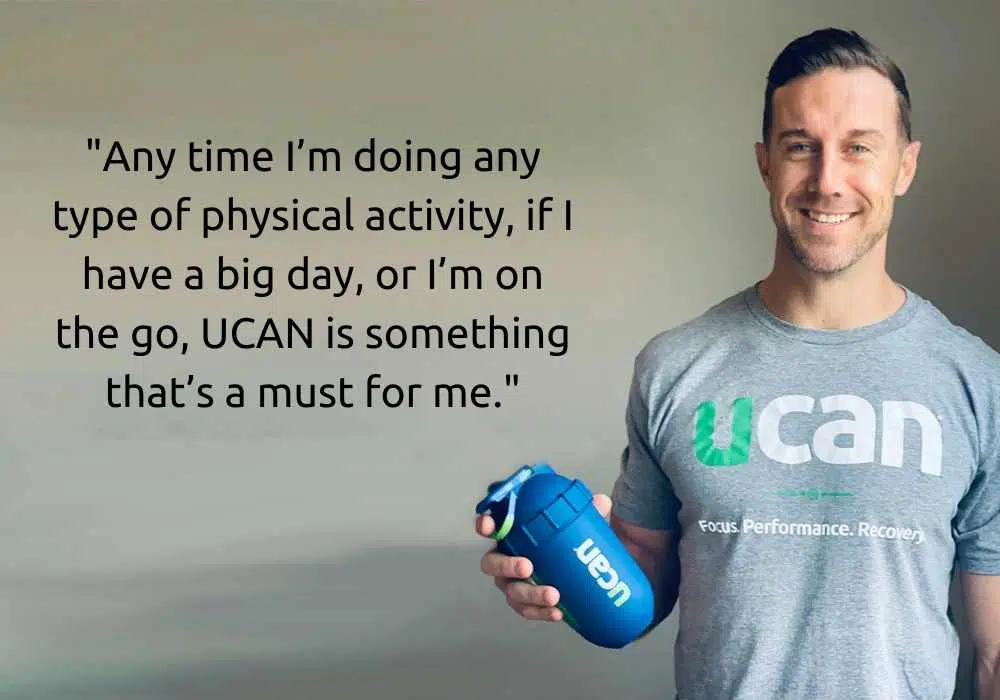
Q: Welcome, Alex. We’re thrilled to have you. Tell us why you decided to partner with UCAN.
Alex: This was the easiest company to get involved with of all time. I think as a professional athlete, over the course of your career, things come and go and when you’re younger you don’t have as good of a filter. As you get older and older and have played as long as I have and now retired, I’m very, very particular with who I associate myself with. The people, what they’re about, the company, it’s very important to me that we believe in the same things.
I met UCAN co-founder Peter Kaufman 3.5 years ago in a weight room where I was using the product. Nobody had to sell me on this, I had tried it myself. This is the best kept secret and people just don’t know.
Q: How did you approach nutrition early in your career?
A: When I got drafted by the 49ers, we didn’t have a team nutritionist. There were literally giant coolers of soda all over the building, in the weight room, in the hallways. I would crush three Coca-Cola’s in the morning when I would come in and that’s what nutrition was, you know? They were catering junk food, fast food – that’s what we ate Monday through Friday and I think that was just kind of the time we were in. When you’re 20 years old, I had just come from eating Top Ramen and Little Caesar’s Pizza in college and I was just happy to be eating. I wasn’t really thinking the effects.
Q: How did your approach to nutrition evolve over the course of your career?
A: As my career went on, it was also the time period that teams started to invest more in nutrition and started realising the importance of educating players on nutrition and the effects on their body, whether it’s to gain weight, lose weight, perform at a high level, get faster, get stronger, all those things.
A lot of the focus on nutrition came in the middle part of my career. Player to player, you’d talk and learn things. I had Nick Foles talk to me about intermittent fasting and I tried that. I was doing Bulletproof Coffee and different stuff, and I liked it. I read Tim Ferriss’ Four Hour Body and tried some of the ideas in that. I would incorporate different things.
Finally we did get a team nutritionist on board in Washington and it was so valuable to have a resource like Jake Sonkal at your disposal in the weight room. I’m into my mid thirties at this point and in such a different place than earlier in my career, and as a quarterback, I have such a different need than our defensive tackle or our left tackle, you know what I’m saying? As a football team, we have so many different body types trying to achieve different goals. To finally have a guy like Jake there, it was really important.
Q: What were some of the biggest challenges you faced with nutrition as a player?
A: The mental side, the focus, I wanted to be able to keep that into the second half and late in games and it was so hard for me to have this crash.
I played 16 years in the NFL. As you get older and play longer you really perfect nutrition and eating better and learn how to optimise your body and brain to perform at the highest level and truly reach your potential. Game day continued to be the last frontier that was really hard for me to figure out. We would eat 4 hours before a game, and some of these NFL games can run 3.5 hours. I would constantly get into the second half of these games when you need to be playing your best and I’d be absolutely crashing. I would be thinking I haven’t eaten in so long and I would feel the effects of that.
You go into the locker room at halftime of an NFL game, and the choices that you have are just hard, and it’s even more limited on the sideline. The only things at your disposal on the sidelines were sugar water or gel packs with sugar. There was really nothing that helped me sustain both a physical and mental high throughout my playing career, especially on game day. I was in constant search of this. Jake was the first guy who said to me ‘you’ve got to try UCAN’.
Q: Did you have any “a-ha moments” during your career that really shaped your nutrition philosophy?
A: Learning about nutrition a few years into my professional career, I remember waking up to all these fallacies we learned during my childhood, like carb loading the night before a game, no fat everything, high sugar everything, and we all believed that for a long, long time.
More and more people have discovered that it’s just not the way the body works. A lot has changed in the last 10-15 years about what the average person thinks about nutrition & diet, what sugar does to them and the effects it has on the entire country’s obesity and diabetes rates. I think UCAN can be such a big part of the continuing education of the general public.
I’m very careful about the things I put in my body. Certainly sugar is probably the number one thing that I limit. I played football for 16 years and it’s amazing how much better my shoulder felt, my legs felt, how good my joints felt, decreased inflammation, how focused I felt throughout the day…when I eliminated sugar.
It’s hard, right? Sugar is in so many things and it’s all around us. To be able to cut it out is something that I would advocate for everybody, it doesn’t matter who you are. Then in that same conversation, UCAN is what you should be taking instead. In my opinion, this is what sugary sports drinks have been advertising falsely for decades. Instead of drinking sugar water, UCAN is the real deal. The possibilities are endless. You name the sport, it has an application. For me, I was looking for anything available like this.
Q: What impact did UCAN have on your performance in the NFL?
A: It was a game changer from day one. How good I felt and the sustained energy were huge, but for me the tipping point was how much focus I was able to retain through the end of the game. I hadn’t ever tried anything that could even compete with this.
For me, UCAN just solved so many problems in one. It was so easy for me to have this in a water bottle on the sideline, it’s something that I could sip on between breaks, and it really kept my energy constant throughout the game. It’s easy to use, easy to take, and it kept me sustained. I never had the crash that I was so accustomed to having late in games because of what all that the sugar does to you over time.
On game days, I’d just have the Plain UCAN with just water, no flavour. I’d have it in my locker, have it on the sidelines, and sip on it constantly throughout the game. I would have 2-3 servings of UCAN pregame and have another 1-2 servings on the sideline with me during the game.
I would eat so many different things…pregame trying to eat more and trying different things at halftime and I just couldn’t ever get something that I felt really good about. This thing that I could never figure out, being able to relieve all of that stress with UCAN felt so good.
Q: What benefit did you find in using UCAN as you were recovering from your injury?
A: Not only when I was on the field, but especially through my recovery, UCAN was a part of my routine daily and it still is. Going back to my injury, I thought everything got taken from me. You name the physical activity and I love to do it. I’m somebody that loves in the off-season to do anything and everything and really kind of push my body. There were all of these things that I’d never be able to do again.
To rewind even into my recovery from a hospital setting, I went from fasting and timed eating to as soon as I got my injury, doctors threw that out the window. I wanted to be as anabolic as possible (building and maintaining muscle mass), I was getting as much protein as I could, but insulin is still really, really not good for you in a recovery state.
I didn’t want to consume sugar and get the blood sugar spike and insulin response from it since that wouldn’t help me recover and repair tissue. From that standpoint, UCAN was amazing. It was hard, especially early on in a hospital bed when you’re not hungry, to make sure you’re getting what you need. It was something for me to drink. It was a go-to.
Originally I was just taking the Plain UCAN Energy powder, and that’s what I loved and that’s what I took on game day….just loving the effects of optimising my body and being able to perform at a high level over the course of hours, both mentally and physically.
As the product kept evolving to the Energy Bars, to the Energy + Protein, certainly on my recovery days, when protein was a big issue for me with my recovery to be as anabolic as possible, it was part of my daily go-to. To get the protein along with such an even source of energy was really, really big.
Q: How do you continue to incorporate UCAN into your daily routine post-playing career?
A: Any time I’m doing any type of physical activity, if I have a big day, anytime I’m on the go, it’s something that’s a must for me.
I like to have UCAN in the first half of the day and it carries me all day and I feel good. I eat a really clean breakfast, like eggs and coconut oil, avocado, and pumpkin seeds. Then I take the kids to school, go get a workout, go cycle and I have UCAN with me in the shaker bottle. Having enough energy isn’t even a thought.
I love the Energy Bars and the Energy Mix (granola). I think breakfast is such a big potential time for people to get up in the morning and have something that can sustain you. You’re not going to get the spike & crash, so you can keep your focus, you’re going to be productive and it’s healthy for you. For me, it’s great waking up in the morning and being able to immediately eat something like this and feel like your body is ready to go.
All this started for me from an optimisation standpoint for my body, especially mentally with focus, but there are also positive effects of leaning up and supporting fat burning, which I don’t think anybody in America minds.
Q: What are some of the main nutrition principles you try to follow and how does UCAN fit in with them?
A: As a football player, I always had to eat. It was hard for me to keep weight, so I had to eat all the time to keep weight. It was part of my job. Now, I purely think of it as optimizing. What am I doing and what do I need to eat?
I focus on high protein, high fat, good fats, and low sugar. So for me, it’s nice to be able to eat clean like that and have UCAN as a supplement to go along with it. I don’t have to worry about having energy and it sustains me throughout the day.
I don’t fast anymore since my injury, but when I was, UCAN was my go-to. For a long time I did intermittent fasting and timed eating, and to be able to go into ketosis and have UCAN and have it be something that still keeps me in ketosis when I choose to do that is so remarkable. With the blood sugar and insulin response, the applications for the everyday individual as well as the elite athlete are numerous.
Monday through Friday, I take my diet very seriously as far as keeping a routine and being diligent. I still think of longevity, it’s still something that’s really important to me. I’m not thinking of it in the sense that I’ve got to go play tackle football, but I want to be my best for as long as possible.
Q: As a parent of three kids, how do you transfer all the knowledge that you’ve picked up to your kids without being too over the top?
A: It’s such a fine line of trying to find that balance with your kids of being normal kids. They go to a birthday party and I’m never going to be the parent to tell them they can’t have some cake, but Monday through Friday we try to limit sugar.
Any parents out there that are on-the-go and also have kids that are on-the-go, you’re constantly thinking about what you should eat and then what you will end up doing is settling for fast food, settling for junk, you settle for things that are easy to grab. Breakfast is hard for families that are getting out the door, getting kids to school. All of a sudden they get hungry. they’re stopping at McDonald’s or they’re grabbing something they shouldn’t.
My kids are getting older now and they’re playing competitive soccer. As a parent, what can I give them pre-game and at halftime that’s actually going to benefit them and actually be healthy?
With the UCAN Energy powder, to be able to throw it into water, to have it right there at your disposal, that’s going to keep their energy up and let them perform at a high level. Instead of just giving them water for a practice, here’s something that’s amazing for them. The Energy bars are also so convenient as a parent. I think incorporating those two products into your daily routine is so beneficial, whether it’s kids or parents.
Q: What motivates you to keep pushing yourself even when you’re not trying to make it back to the NFL?
A: As my recovery progressed, I was able to do more and more and then make it all the way back to the NFL. Having lost all of that, I’m starved and I’m still so thankful and grateful to be able to do things. I have permanent damage from my injury that I’ll never get back, but I love adapting and figuring out ways to do things that I thought I never could do. So you name it from working out, cycling, hiking, tennis, swimming, skiing, snowboarding, whatever it is like, I love going and doing things.
I love testing myself. You don’t ever lose that. You’ve had that pushing yourself to the highest level, and then I thought it was gone, I never thought I’d be able to do that again. I really feel like I don’t say no too much anymore.

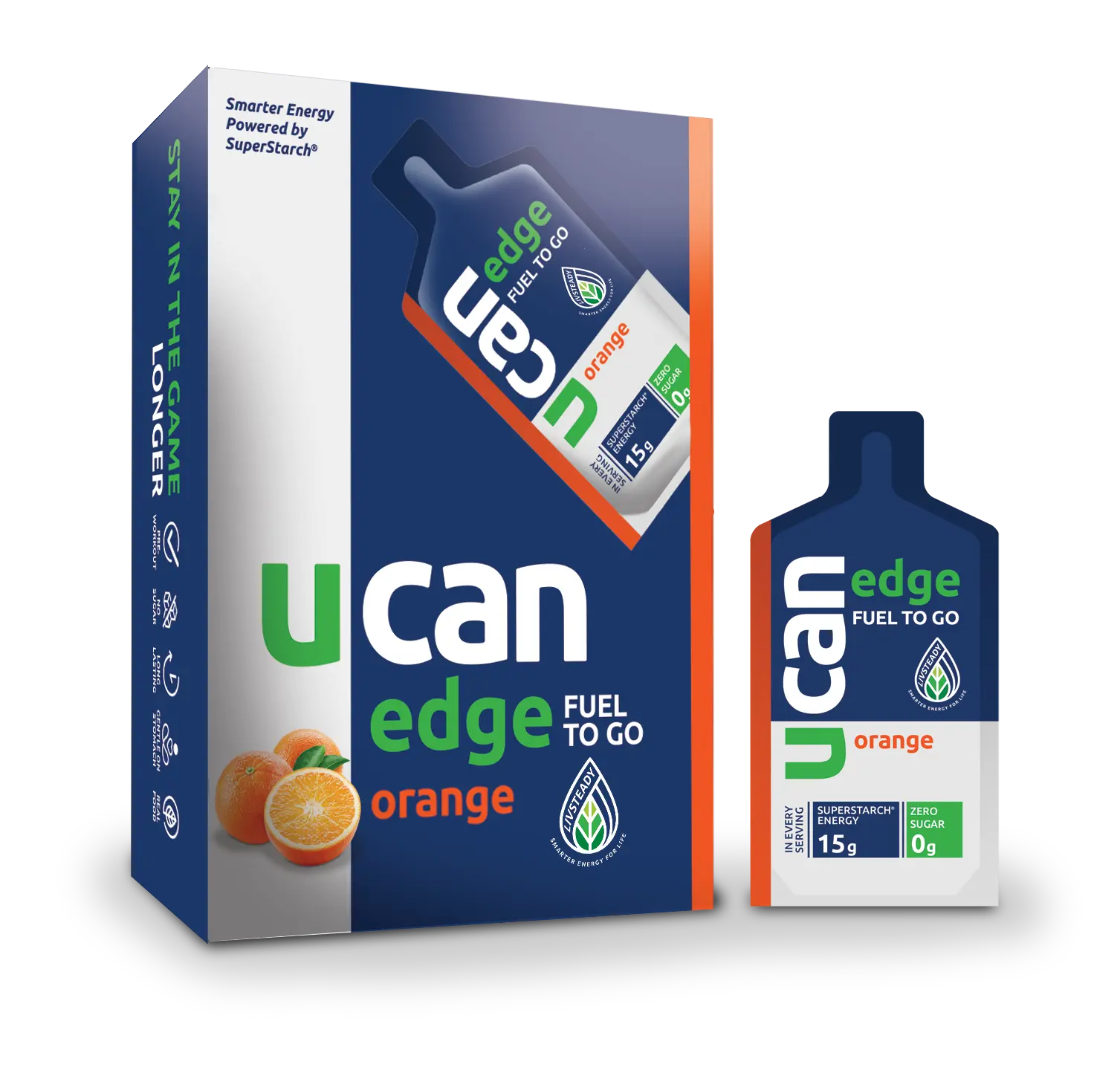
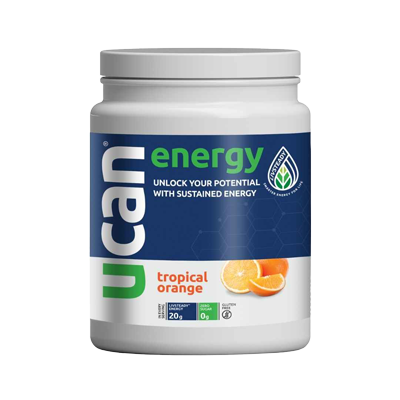
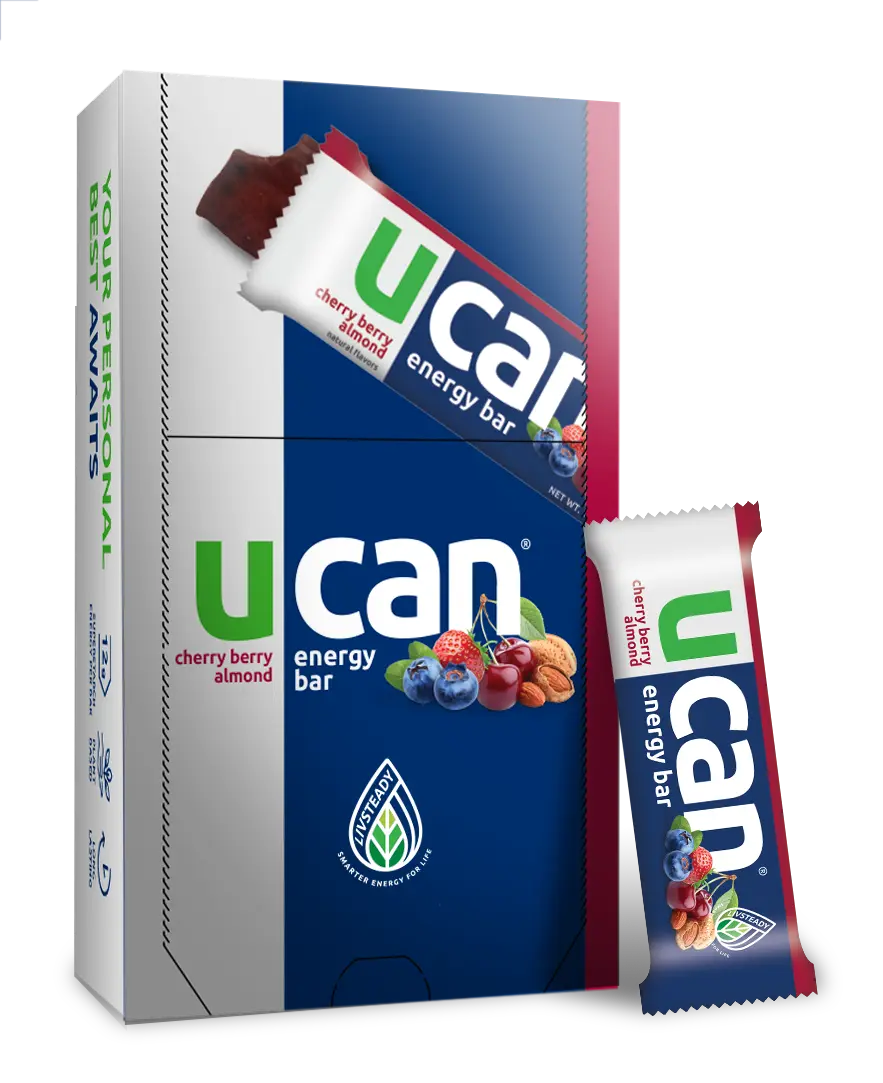
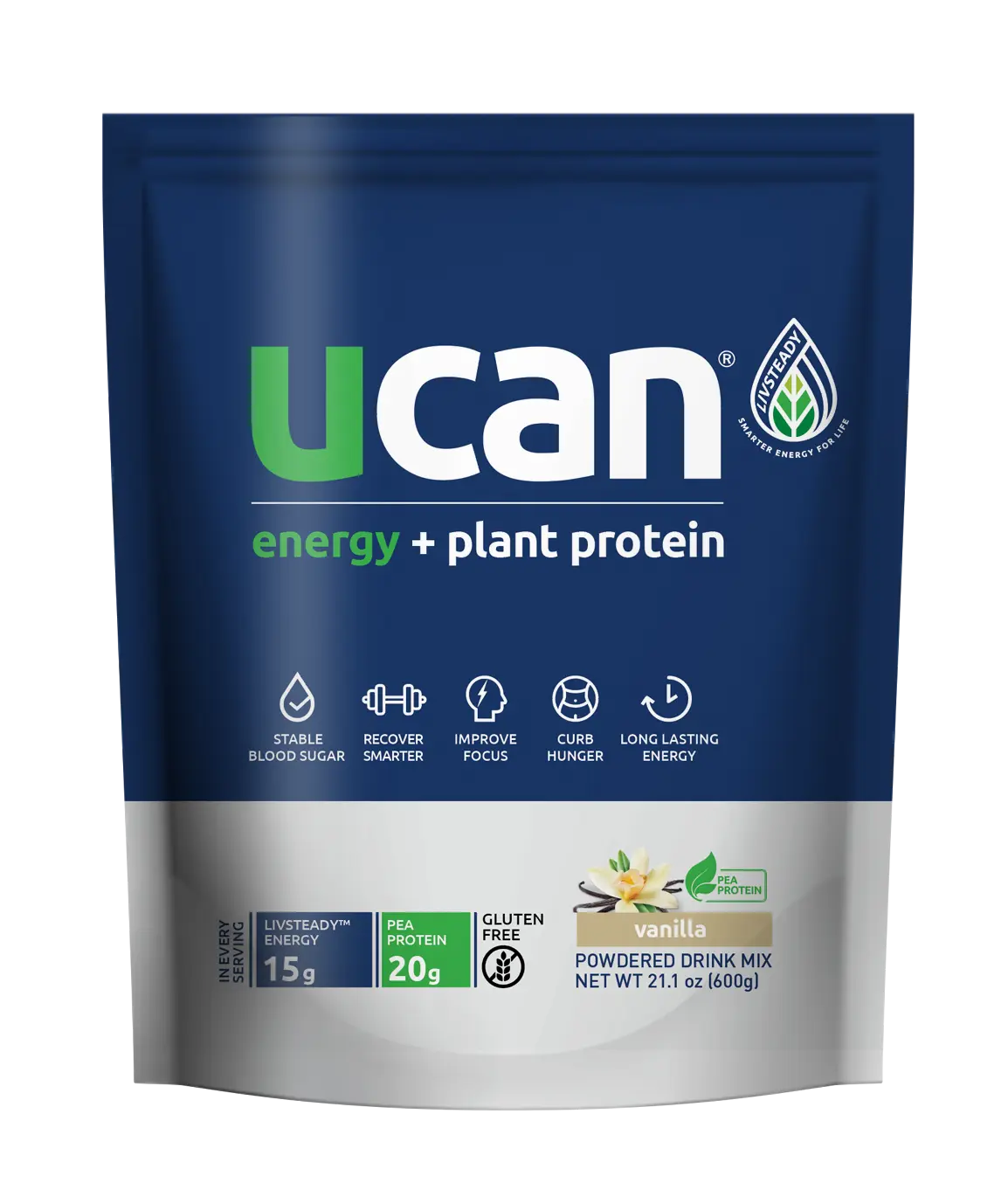
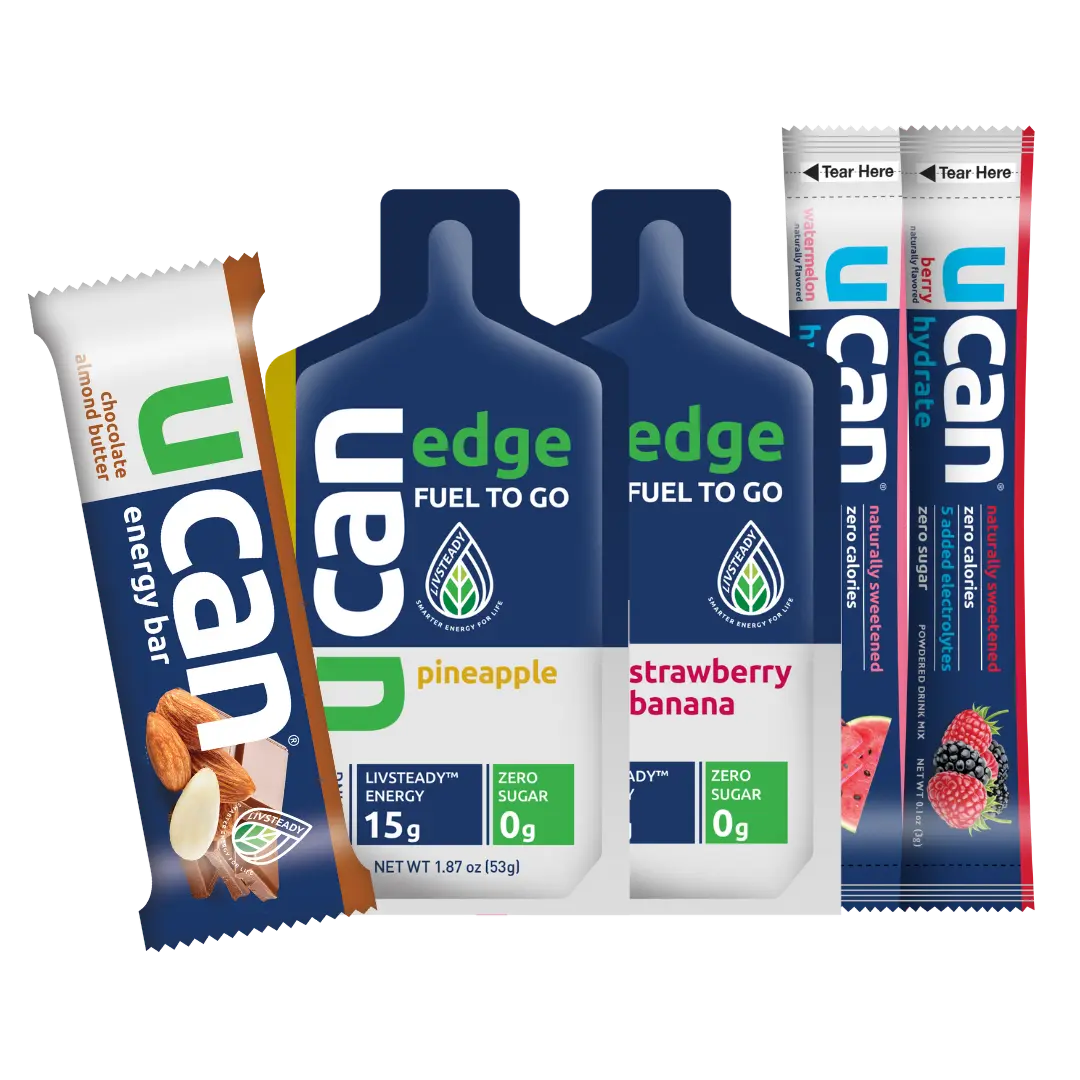
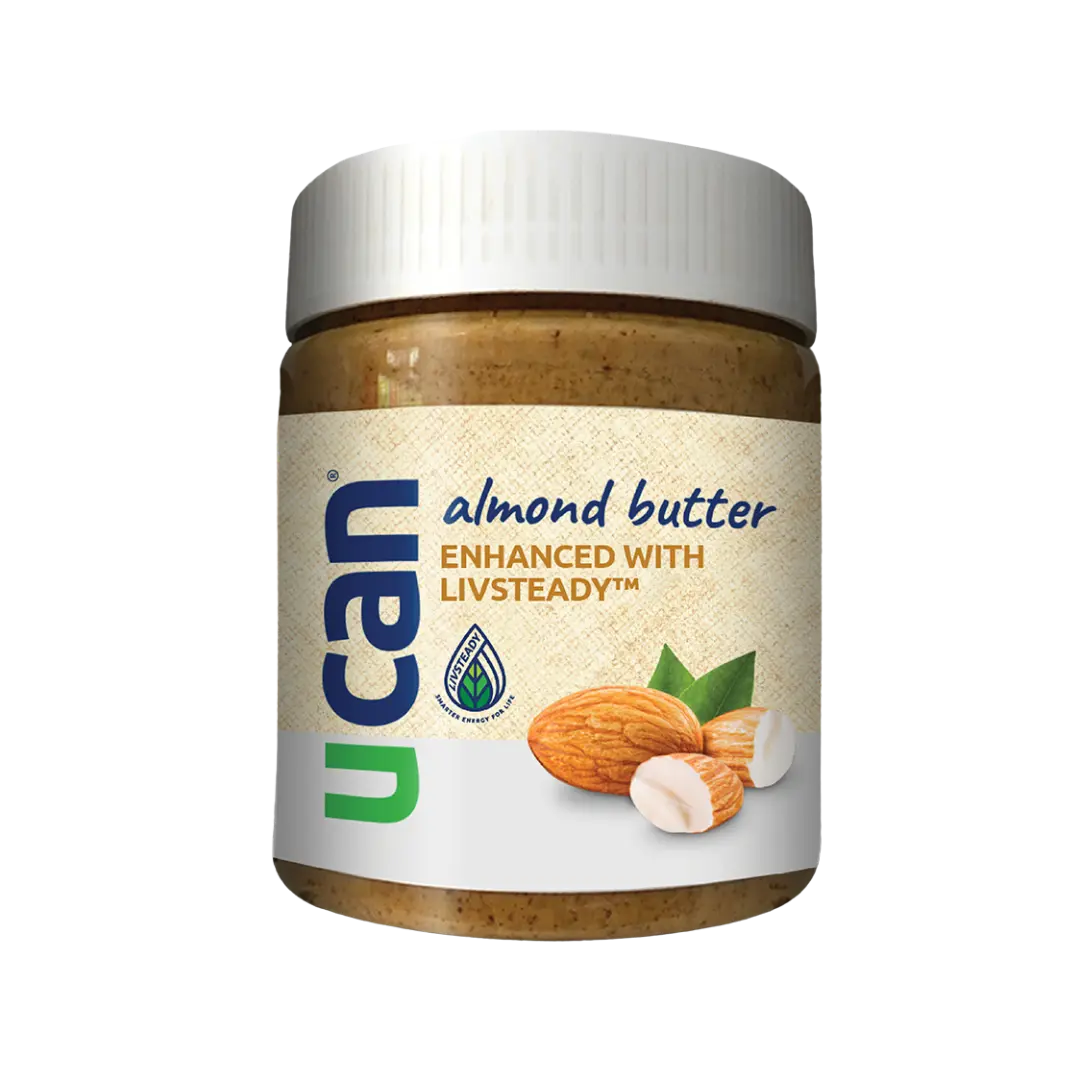
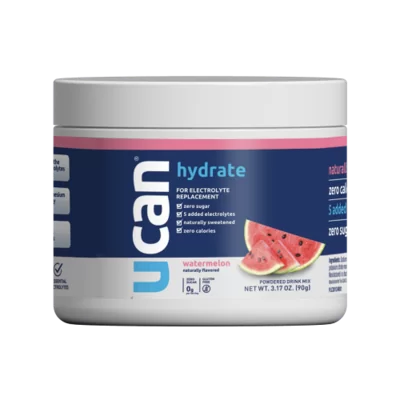
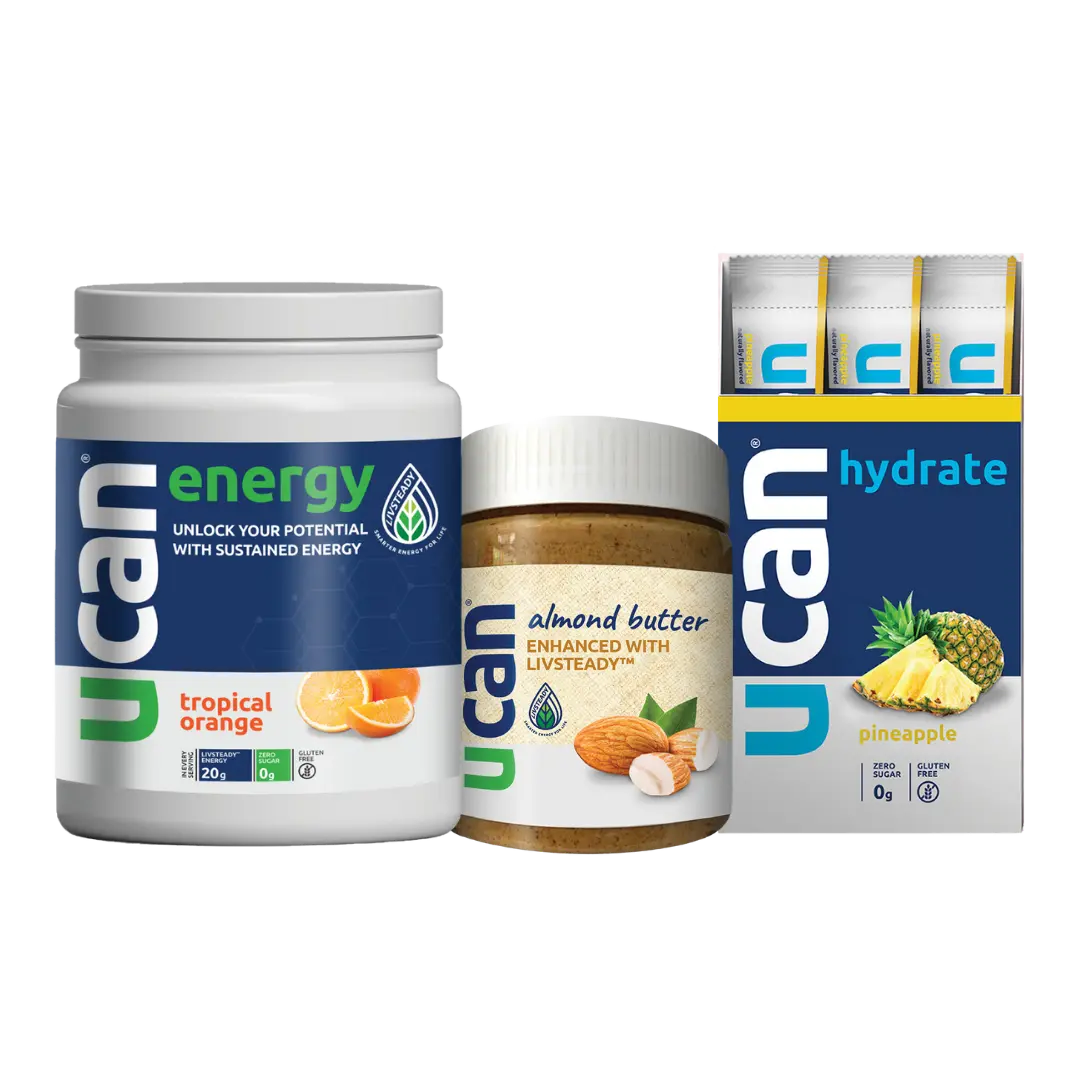
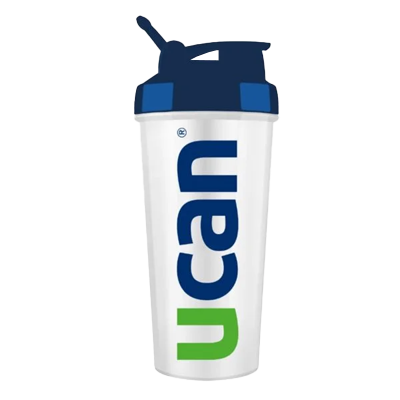
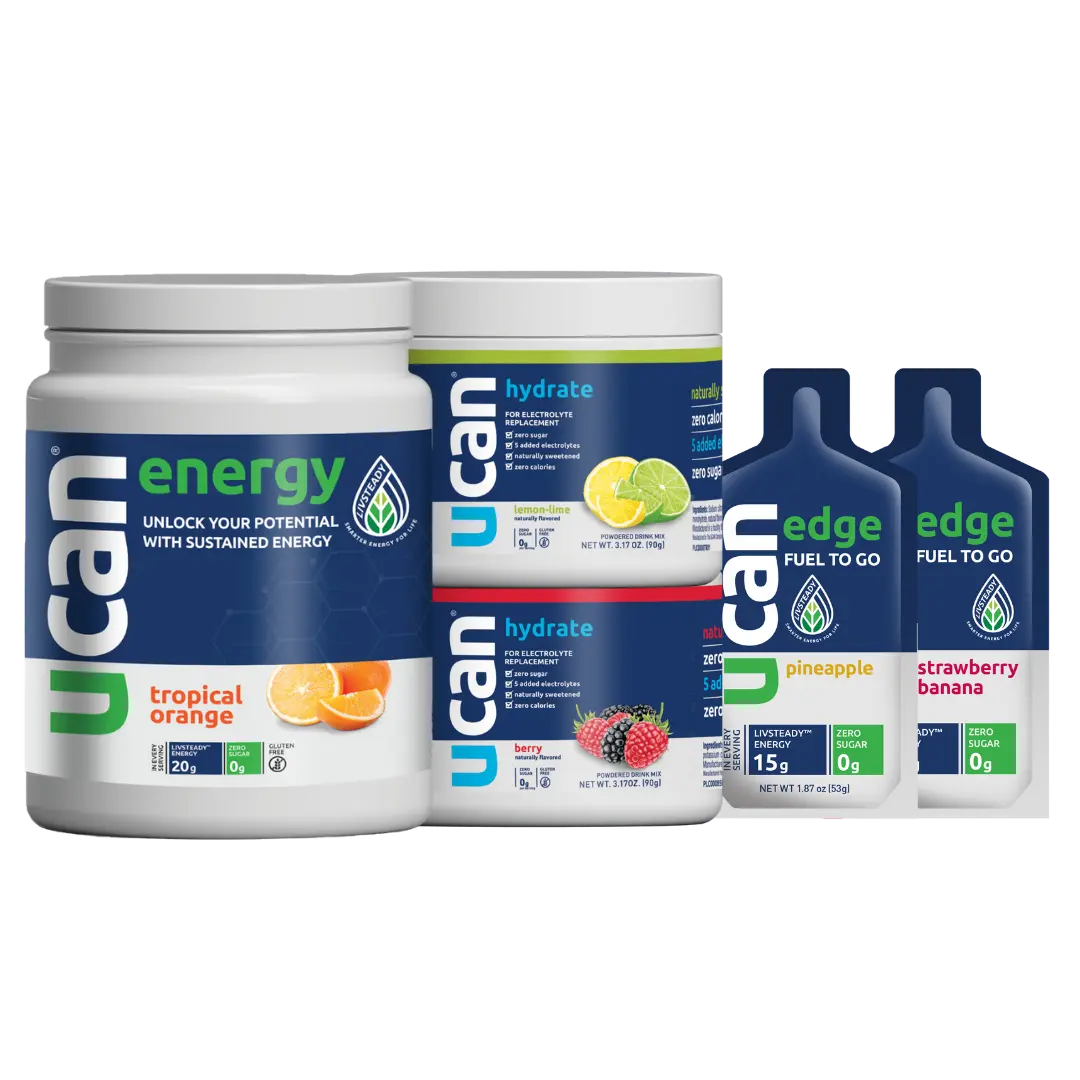
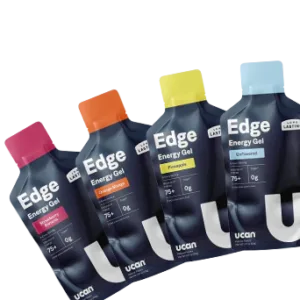
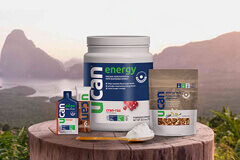
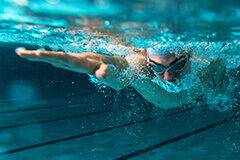
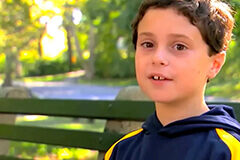
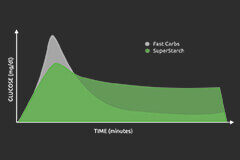

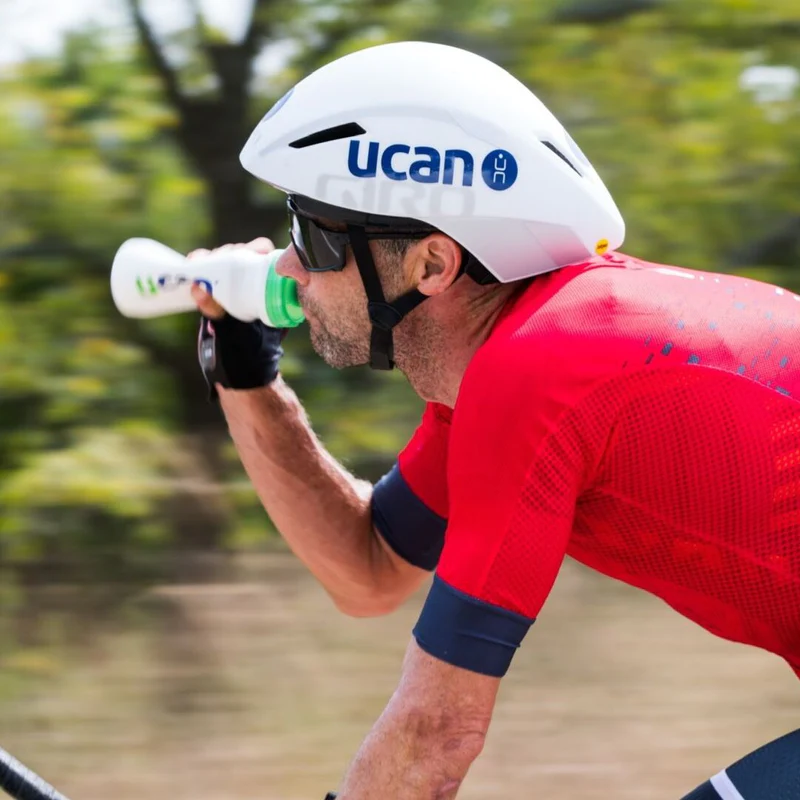
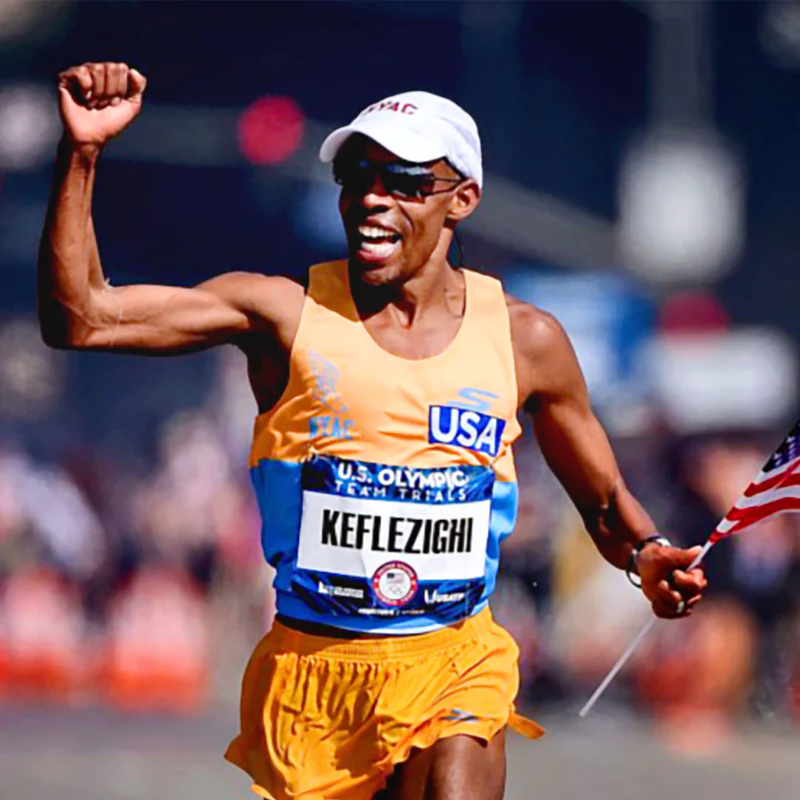
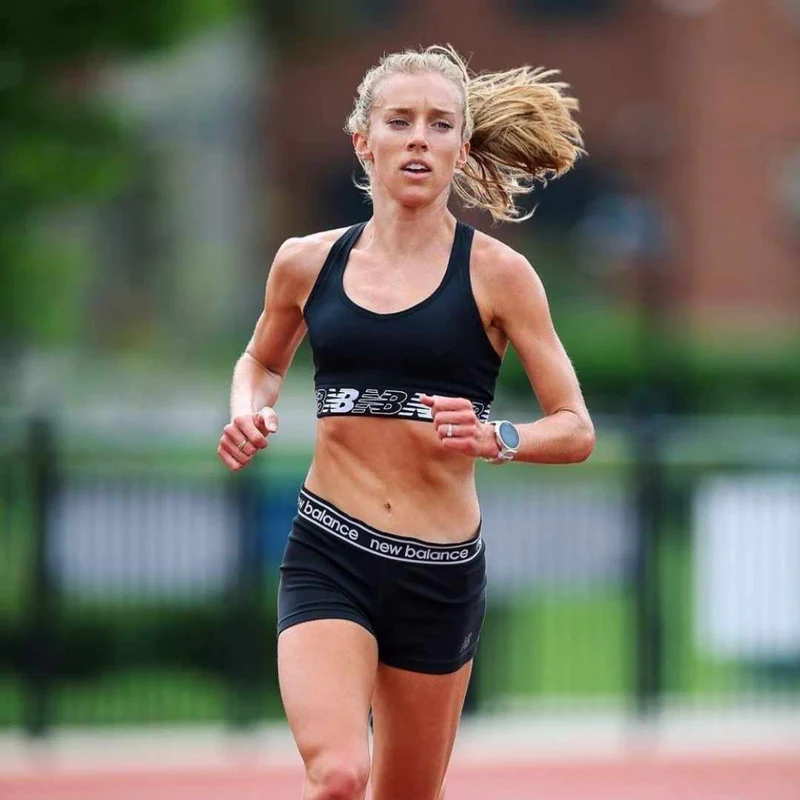
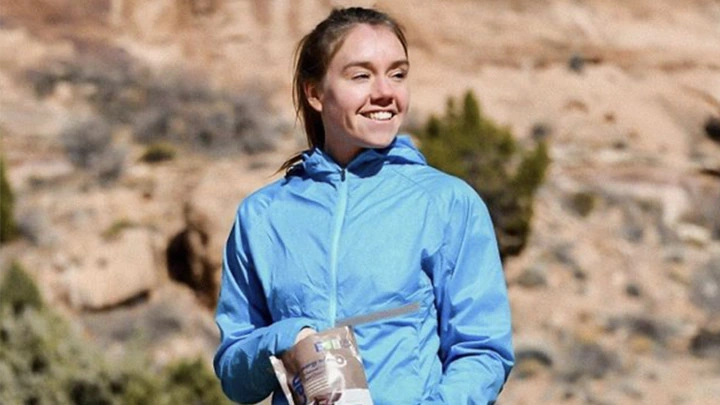

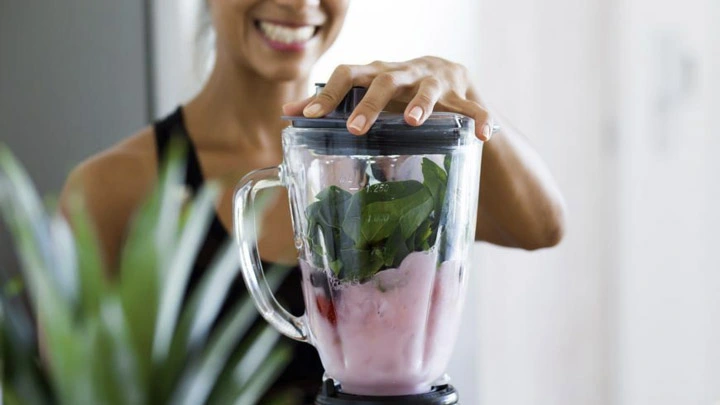
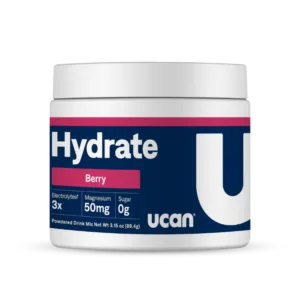
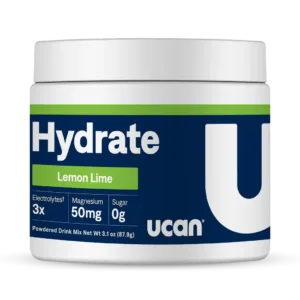
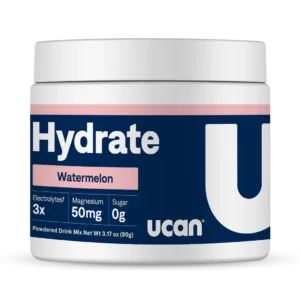
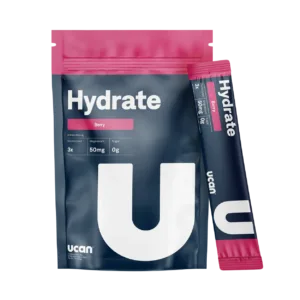
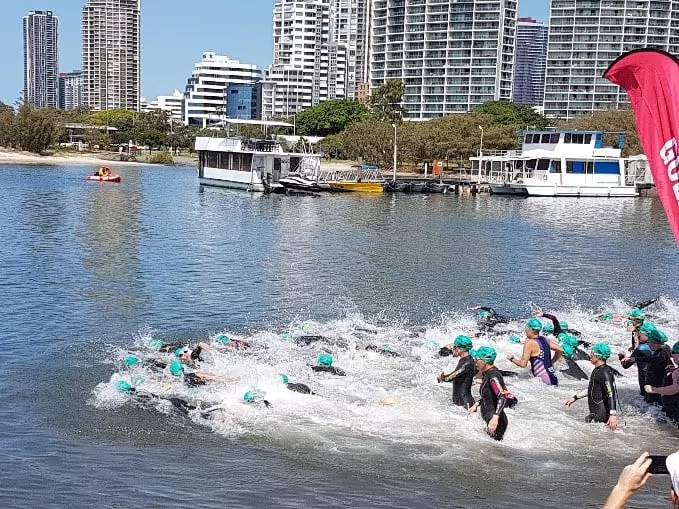
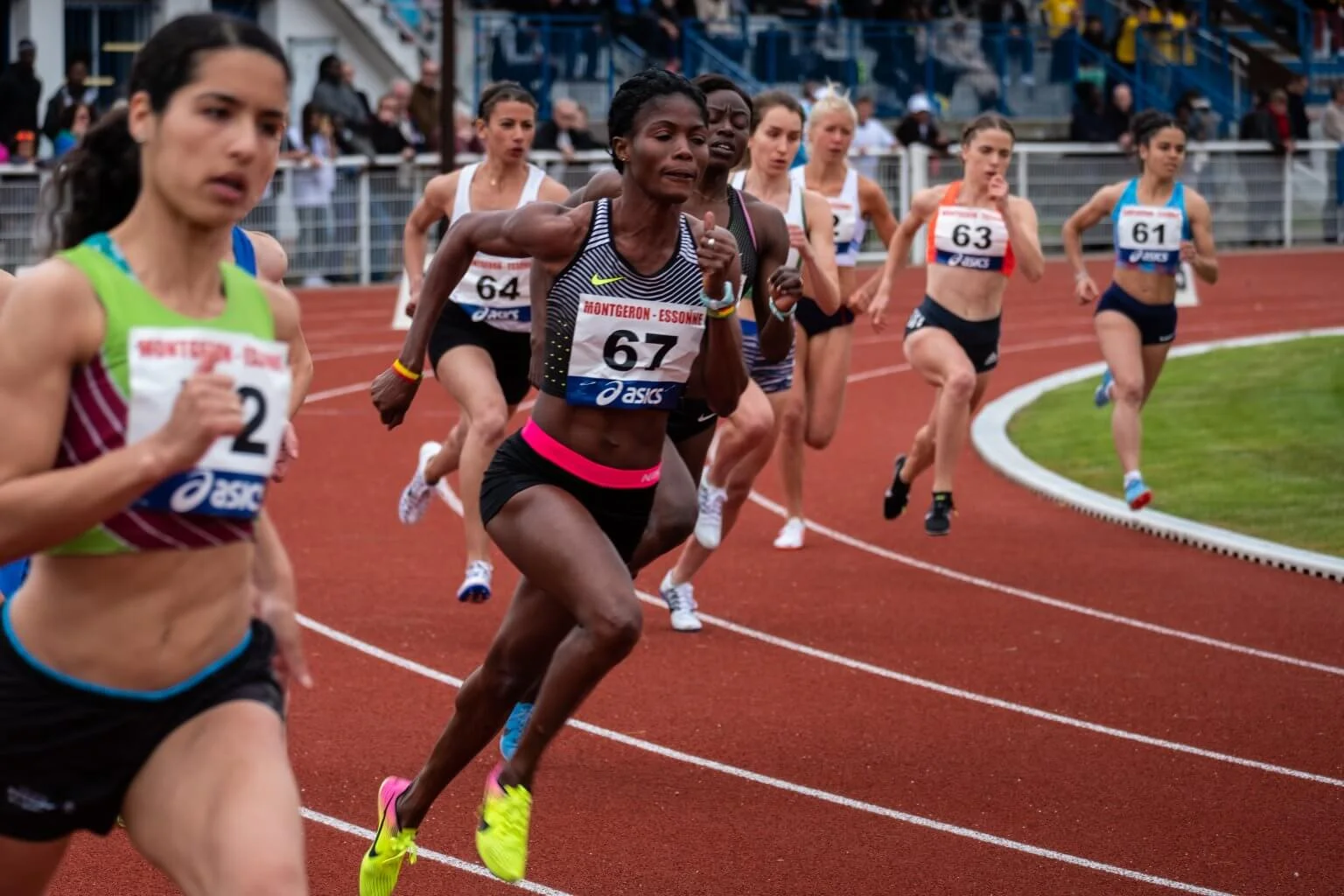
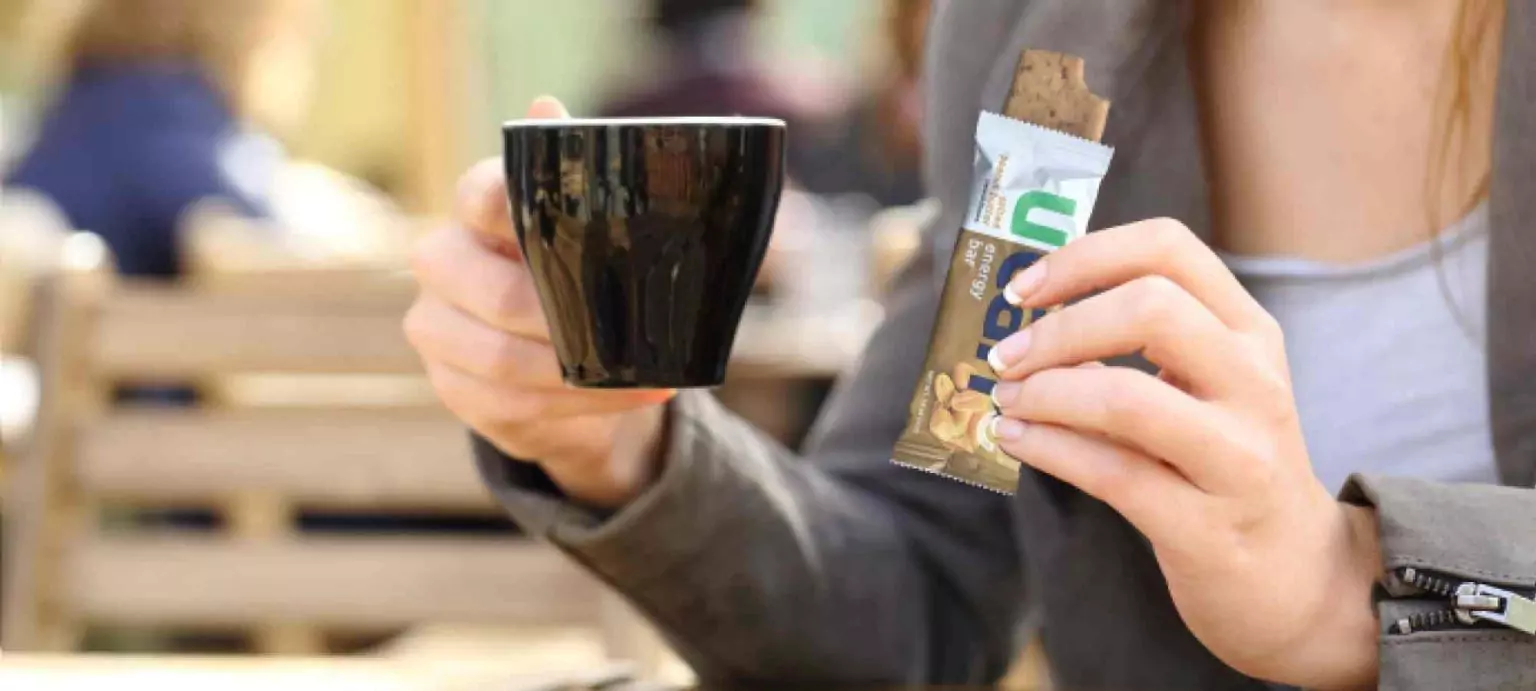
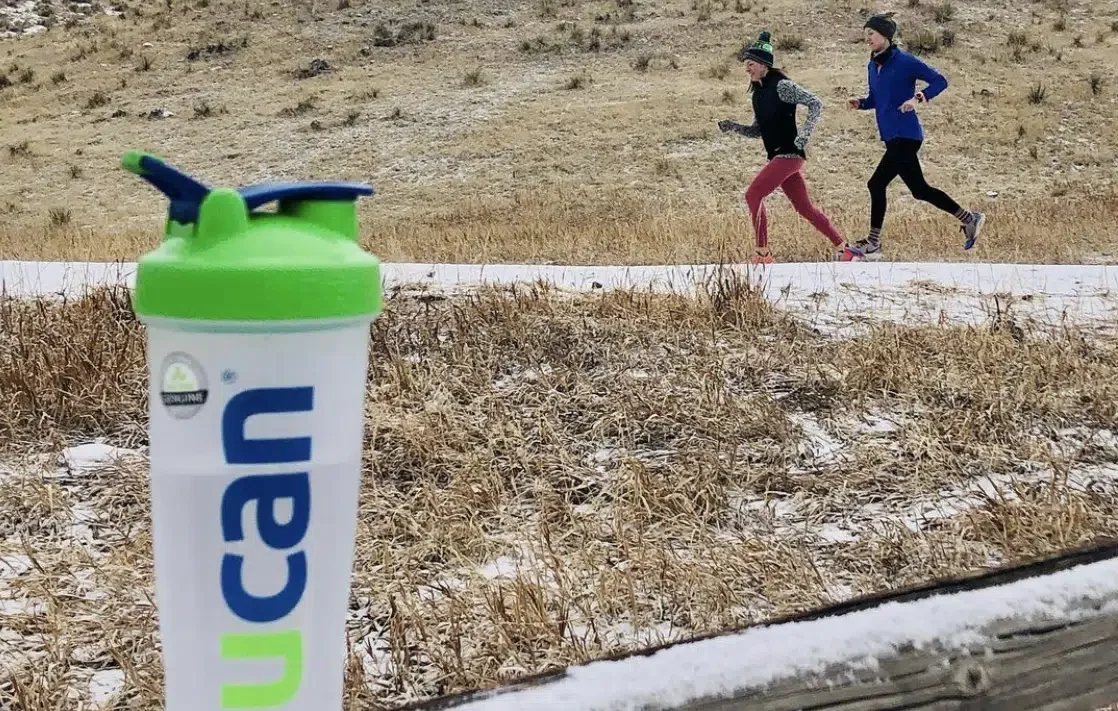
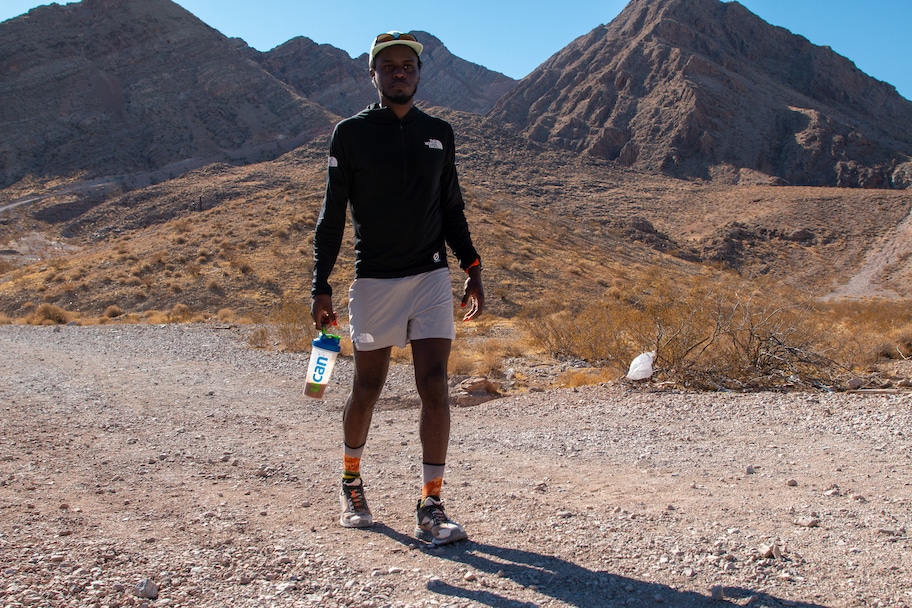
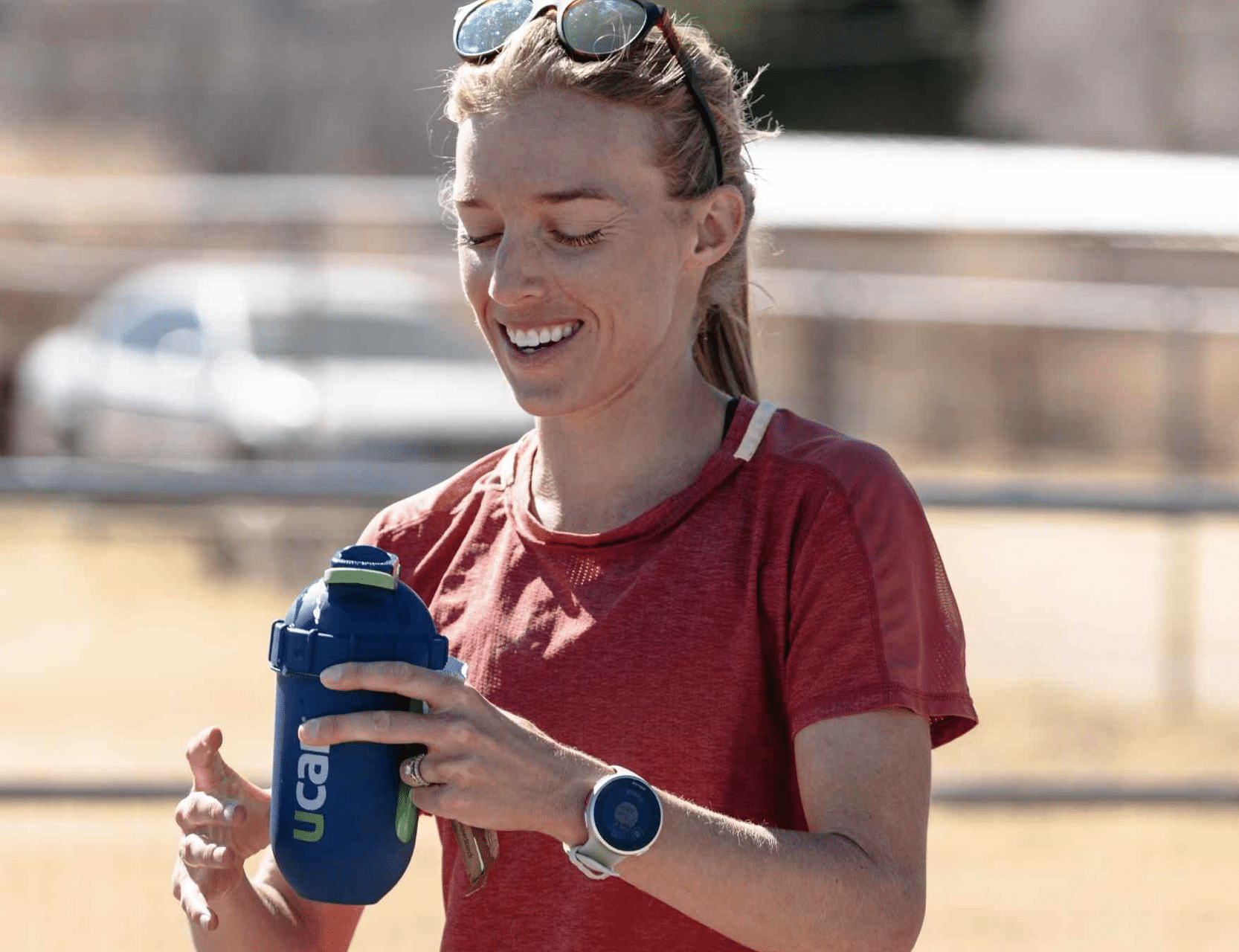
Comments are closed